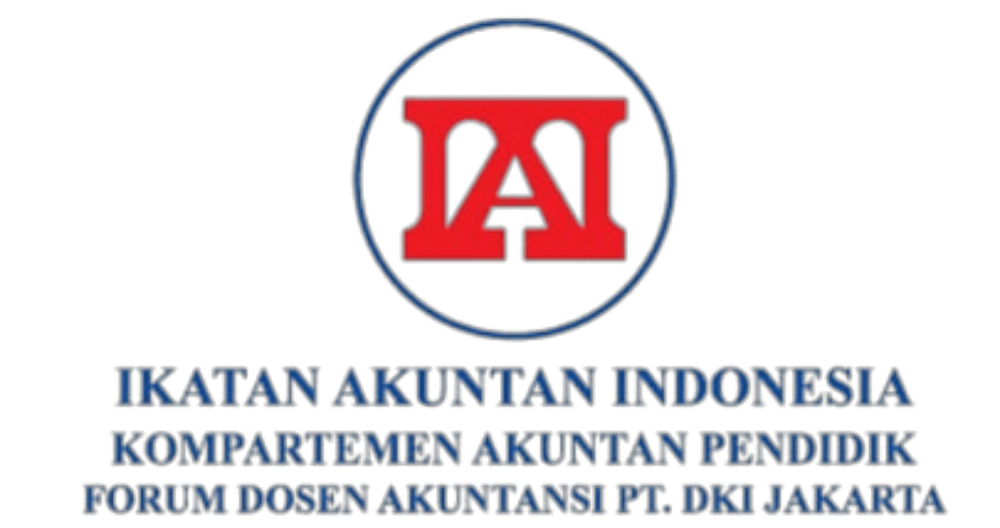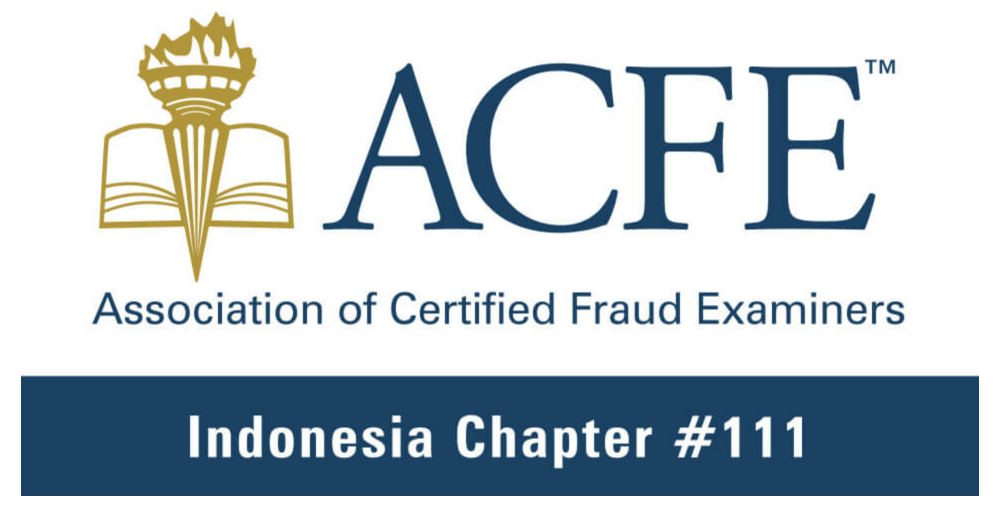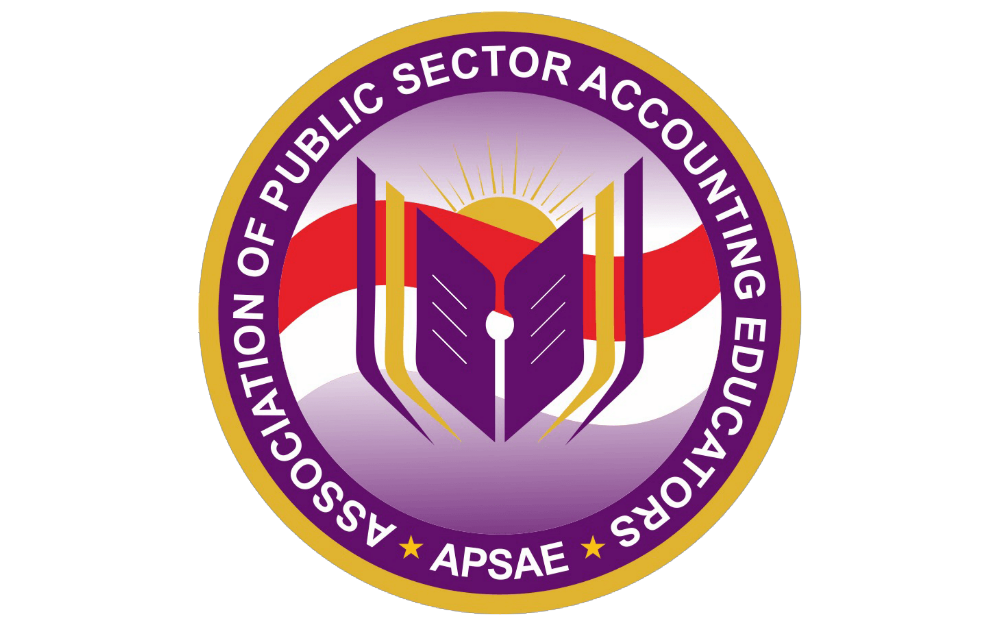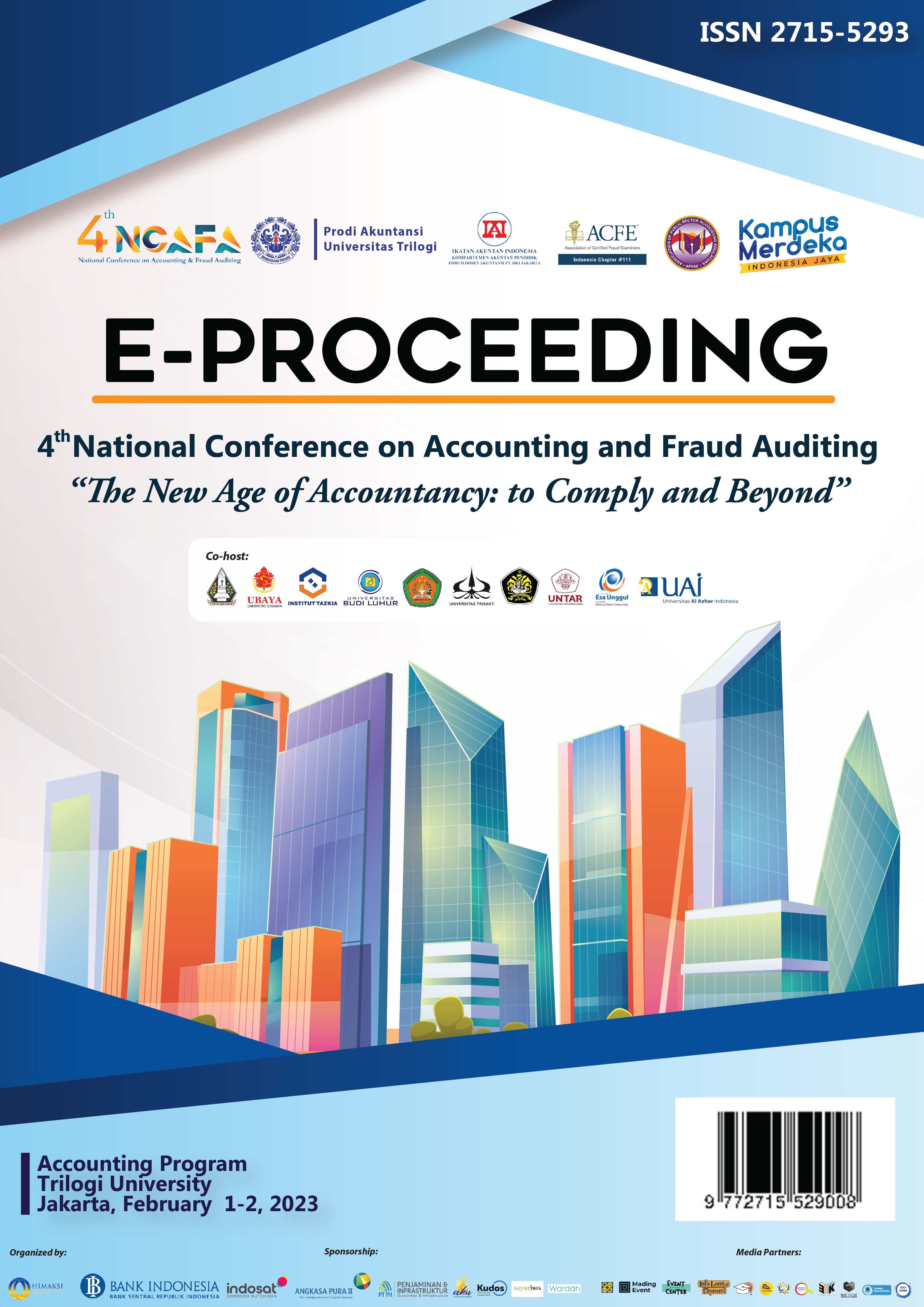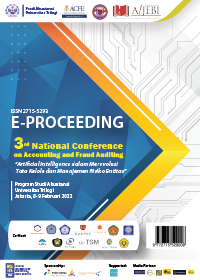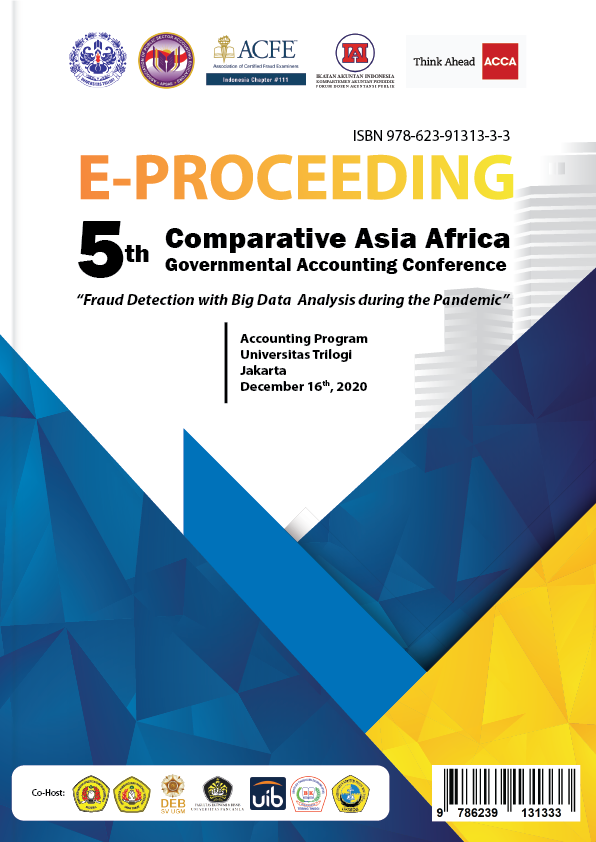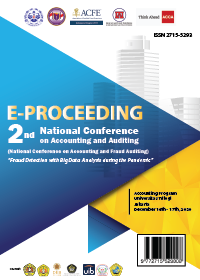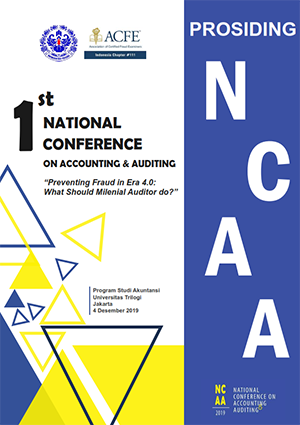Analysis of fraud in the Indonesian public sector through three behavioral lenses
Abstract
Purpose
Based on the authors’ study, the purpose of this paper is to better understand why fraud in the Indonesian public sector is so resilient from three behavioral perspectives are the Schemata Theory, the Corruption Normalization Theory and the Moral Development Theory.
Design/methodology/approach
This paper examines fraud trends and patterns in the Indonesian public sector in the past decade through examination of reports from various institutions as well as other relevant documents regarding fraud related issues to gain a better understanding of the behavioral mechanisms underlying the adoption of fraud into organizational and individual schemata. For the purpose of gaining various perspectives on anti-fraud measures, this study also uses expert interviews and focus group discussions with relevant experts in Indonesia on various fraud-related issues.
Findings
The authors establish that the rampaging fraud in the Indonesian public sector is an outcome of cumulative decision-making processes by the participants. Such a process is influenced by individual and organizational schemata to interpret problems and situations based on past knowledge and experience. The discussion in this paper highlights the mechanisms of corruption normalization used to sustain corruption networks especially in the Indonesian public sector which will be very difficult to break with conventional means such as detection and prosecution. Essentially, the entire process of normalization will cause moral degradation among public servants to the point where their actions are driven solely by the fear of punishment and expectation of personal benefits. The three pillars of institutionalization, rationalization and socialization strengthen one another to make the entire normalization structure so trivially resilient that short-term-oriented anti-corruption measures may not even put a dent in it. The normalization structure can be brought down only when it is continuously struck with sufficient force on its pillars. Corruption will truly perish from Indonesia only when the societal, organizational and individual schemata have been re-engineered to interpret it as an aberration and not as a norm.
Research limitations/implications
Due to the limited time and resources, the discussion on the normalization of fraud in Indonesia is focused on fraud within the Indonesian public institutions by interviewing anti-fraud professionals. A more complete picture of fraud normalization in Indonesia can be drawn from interviews with incarcerated fraud offenders from Indonesian public institutions.
Practical implications
This paper contributes to the development of fraud eradication strategy by deconstructing corruption normalization processes so that the existing resources can be allocated effectively and efficiently into areas that will result in long-term benefits.
Originality/value
This paper demonstrates how the seemingly small and insignificant behavioral factors may constitute for fraud in Indonesia.
Full Text:
PDFReferences
Ardisasmita, S., 2006. The Definition of Corruption from Legal Perspective and the E- Announcement for a
more Open, Transparent, and Accountable Governance. Jakarta.
Ashforth , B. E. & Anand, V., 2003. The Normalization of Corruption in Organizations. Research in
Organizational Behavior, Volume 25, pp. 1-52.
Craig, R., 1974. Lawrence Kohlberg and Moral Development: Some Reflections. Educational Theory, 24(2), pp.
-129.
Bayuni, E., 2012. Indonesia's Anti-Corruption Commission Fights for Its Life. [Online] Available at:
http://foreignpolicy.com/2012/10/05/indonesias-anti-corruption-commission-fights-for-its-life/ [Accessed 28
November 2020].
Bartlett, F. C., 1995. Remembering: A Study in Experimental and Social Psychology. Cambridge: Cambridge
University Press.
Budiman, A., Roan, A. & Callan, V. J., 2013. Rationalizing Ideologies, Social Identities and Corruption Among
Civil Servants in Indonesia During the Suharto Era. Journal of Business Ethics, Volume 116, pp. 139-149.
Blunt, P., Turner, M. & Lindroth, H., 2012. Patronage's Progress in Post-Suharto Indonesia. Public
Administration and Development, Volume 32, p. 64–81.
Control Risks Group, 2013. Anti-Corruption in Indonesia. [Online] Available at:
https://www.controlrisks.com/~/media/Public%20Site/Files/Oversized%20Assets/indonesia_whitepaper_2013.p
dfr [Accessed 29 November 2020].
Dreher, A., Kotsogiannis, C. & McCorriston, S., 2009. How do Institutions Affect Corruption and the Shadow
Economy?. International Tax and Public Finance, December, 16(6), pp. 773- 796.
Newell, K. M., 2003. Schema Theory (1975): Retrospectives and Prospectives. Research Quarterly for Exercise
and Sport, December, 74(4), pp. 383-388.
Transparency International, 2019. Corruption Perception Index 2019. [Online] Available at:
http://www.transparency.org/cpi2019/results [Accessed 28 November 2020].
United Nations Office on Drugs and Crime, 2004. United Nations Conventions against Corruption. [Online]
Available at: https://www.unodc.org/documents/brussels/UN_Convention_Against_Corruption.pdf [Accessed
November 2020].
Yeganeh, H., 2014 . Culture and Corruption: A Concurrent Application of Hofstede’s, Schwartz’s and
Inglehart’s Frameworks. International Journal of Development Issues, 13(1), pp. 2-24.
DOI: https://doi.org/10.31326/.v2i2.783
Refbacks
- There are currently no refbacks.

